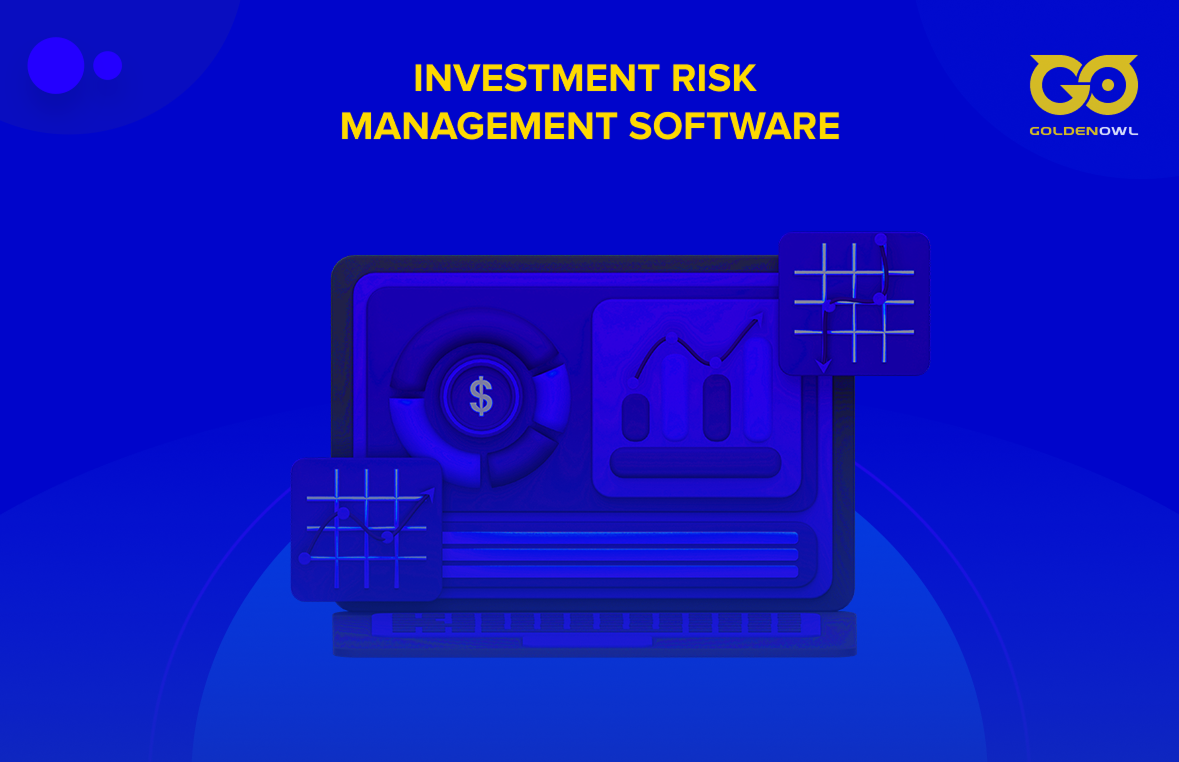In today's digital age, websites have become essential for businesses and individuals to establish an online presence. However, with the increase in website usage comes a corresponding increase in security threats. Cybercriminals are always on the lookout for vulnerabilities they can exploit to gain access to sensitive data and cause damage. As a result, website security has become a critical aspect of web development. In this blog, we will discuss the best practices for website security in web development to help you protect your website and its users.
What does website security refer to?
Website security refers to the practices and technologies used to protect a website and its users from a range of potential security threats. Website security encompasses various aspects of website development, including server configuration, software updates, network security, user authentication, input validation, and data encryption.
Website security is important because websites often store sensitive user data such as login credentials, personal information, and payment details. A security incident can lead to the theft of this information, which can be used for identity theft, fraud, and other malicious activities.

Some common threats to website security
There are several common threats to website security that developers need to be aware of:
- Malware and viruses: Malware and viruses can infect websites and compromise user data. Malware can be used to steal login credentials, payment information, and other sensitive data.
- SQL injection: SQL injection attacks exploit vulnerabilities in a website's database to gain access to sensitive data or execute unauthorized commands.
- Cross-site scripting (XSS): XSS attacks involve injecting malicious code into a website's pages, which can steal user data or execute unauthorized commands.
- Cross-site request forgery (CSRF): CSRF attacks exploit a user's authenticated session to perform unauthorized actions on a website.
- DDoS attacks: DDoS attacks overwhelm a website with traffic, causing it to become unavailable to legitimate users.
- Brute force attacks: Brute force attacks involve repeatedly attempting to guess a user's login credentials until they are successful.
- File inclusion attacks: File inclusion attacks exploit vulnerabilities in a website's code to access files and execute commands.
- Phishing attacks: Phishing attacks involve tricking users into revealing sensitive information, such as login credentials or payment information.
To protect against these and other threats, developers must implement a range of security measures, including regular software updates, strong authentication mechanisms, input validation, data encryption, and regular backups.
Why is website security important?
Website security is important in web development because it helps to protect your website and its users from a range of potential security threats. Here are some of the reasons why website security is important:
- Protects against data breaches: Websites often store sensitive user data such as login credentials, personal information, and payment details. A data breach can lead to the theft of this information, which can be used for identity theft, fraud, and other malicious activities.
- Maintains user trust: Users expect websites to be secure and to protect their personal information. A security incident can damage user trust and lead to a loss of business.
- Prevents website downtime: A security incident can lead to website downtime, which can impact user experience and lead to lost revenue.
- Complies with legal and regulatory requirements: Many industries are subject to legal and regulatory requirements that require websites to be secure and protect user data. Failure to comply with these requirements can lead to fines, legal action, and damage to your reputation.
- Protects against malware and viruses: Malware and viruses can be used to compromise websites and steal user data. Implementing website security measures can help to protect against these threats.
- Prevents attacks on other users: A compromised website can be used to launch attacks on other websites or users, which can lead to further security incidents and damage to your reputation.

Strategies to develop a strong website security
Use HTTPS:
HTTPS (Hypertext Transfer Protocol Secure) is an encrypted version of the standard HTTP protocol used to transfer data between web servers and browsers. Implementing HTTPS ensures that all data transmitted between the web server and the user's browser is encrypted, making it harder for attackers to intercept and steal sensitive information. HTTPS also helps to prevent man-in-the-middle (MITM) attacks, where attackers intercept and modify data as it is being transmitted between the web server and the user's browser.
Keep software up-to-date:
Regularly updating your website's software, including the content management system (CMS), plugins, and other third-party components, is essential to protect against known security vulnerabilities. Hackers can exploit known vulnerabilities in outdated software to gain access to your website or compromise user data.
Use strong authentication mechanisms:
Use strong passwords and implement two-factor authentication for all user accounts on the website, especially those with admin privileges. Strong passwords should be complex and include a combination of upper and lowercase letters, numbers, and special characters. Two-factor authentication adds an extra layer of security by requiring users to provide a second form of identification, such as a code sent to their phone or email, in addition to their password.
Implement input validation:
Sanitize user input to prevent attackers from injecting malicious code into your website. Input validation is the process of checking user input to ensure that it meets certain criteria, such as the correct data type or length. This can help to prevent common web application attacks such as cross-site scripting (XSS) and cross-site request forgery (CSRF).
Protect against SQL injection:
SQL injection is a common type of attack where attackers inject malicious SQL code into a website's database, allowing them to access sensitive data or execute unauthorized commands. Use parameterized queries or prepared statements to prevent SQL injection attacks. These techniques ensure that user input is properly sanitized and escaped before being used in SQL queries.
Limit file uploads:
Implement limits on the size and type of files that users can upload to your website to prevent malicious files from being uploaded. This can help to prevent common attacks such as file inclusion vulnerabilities and file upload exploits.
Use secure hosting:
Choose a hosting provider that provides strong security measures such as firewalls, intrusion detection systems, and DDoS protection. A secure hosting provider can help to protect your website against common attacks and ensure that your website remains available and responsive.
Regularly backup data:
Backup your website's data regularly and store it in a secure location. This can help to ensure that you can quickly restore your website and user data in the event of a security incident or other disaster.
Monitor website activity:
Monitor website activity regularly to detect and respond to potential security incidents. This can include monitoring web logs, analyzing traffic patterns, and using intrusion detection systems to detect unusual activity.
Provide user education:
Educate your website users about best security practices such as using strong passwords, avoiding phishing scams, and keeping their software up-to-date. User education can help to prevent common security incidents such as password theft and social engineering attacks.
Where to seek outstanding website security solutions?
Golden Owl is a leading provider of website security services, with over 8 years of experience in the industry. Our team of highly skilled developers and security experts are dedicated to protecting your website and ensuring the safety of your users' data. We offer a range of website security services, including server configuration, software updates, network security, user authentication, input validation, and data encryption. Our cutting-edge technology and best practices for website security are designed to keep your website safe and secure from cybercriminals and other potential threats. Trust Golden Owl to safeguard your website and provide you with peace of mind. Contact us today to learn more about our website security services and how we can help protect your online presence.
Conclusion
In conclusion, website security is an essential aspect of web development. Websites store sensitive user data and are vulnerable to a range of security threats. Implementing best practices for website security can help to protect your website and its users from these threats. By following the best practices outlined in this blog, you can ensure that your website is secure and that your users can trust you to protect their data. Remember, website security is an ongoing process that requires constant attention and updates. By staying up-to-date with the latest security practices, you can help to keep your website safe and secure.

























